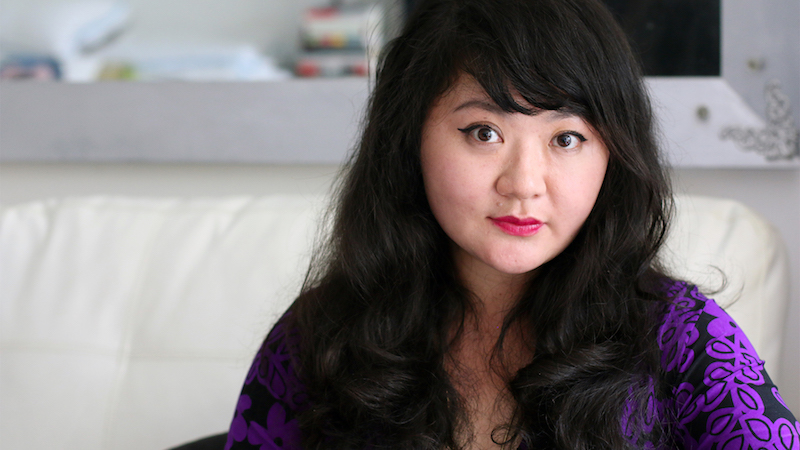Chinese-American composer Du Yun has won the 2017 Pulitzer Prize for Music for her opera Angel’s Bone, which features an amalgam of various musical styles including musical theatre, oratorio and punk.
 Du Yun
Du Yun
The panel – which included American composer Jennifer Higdon, herself a Pulitzer Prize winner in 2010, and New Yorker music critic Alex Ross – described the piece as a “bold” work “that integrates vocal and instrumental elements and a wide range of styles into a harrowing allegory for human trafficking in the modern world.”
The Prize, which is worth US$15,000, honours “a distinguished musical composition by an American that has had its first performance or recording in the United States during the year.”
Born and raised in Shanghai, and now based in New York, 39-year old Du Yun is a composer, musician and performance artist. She was chosen from a shortlist of three finalists – coincidentally all women under 40.
Angel’s Bone premiered in January 2016 at the Prototype Festival at the 3LD Arts and Technology Centre in New York City. It tells a story of human trafficking and prostitution in which moments of extreme beauty and scenes of graphic violence co-exist.
Two fallen angels are taken in by a financially struggling middle-class couple who see the boy and girl as their chance to escape their unremarkable lives, so take them in and then exploit them for personal gain.
Du Yun and her librettist Royce Vavrek refuse to take a moral stand. In an interview with NewMusicBox in 2014 Du Yun explained: “I don’t see the world in binaries. … Ancient Asian philosophy is about three points. You have this extreme and that and then the middle. The middle is something that is very attractive and intriguing.”
For her there are many ways, which can be combined in any way you want. Consequently, the characters in Angel’s Bone are neither labelled ‘good’ or ‘bad’, which to the Western view, so familiar with an either-or perception, can be confusing and confronting. It is something that Du Yun does not shy away from. Quite the contrary. “The subversive is always something I’m attracted to, the danger, working against people’s expectations,” she said.
The other finalists were Ashley Fure for her orchestral work Bound to the Bow which was inspired by Coleridge’s The Rime of the Ancient Mariner, and composer/performer Kate Soper for her work Ipsa Dixit (Latin for “She herself said”) which Ross described in his review for The New Yorker as “a ninety-minute tour de force in which ideas assume sound and form. Call it philosophy-opera”.
This year’s Pulitzer Prize for Drama was awarded to playwright and screen writer Lynn Nottage, a previous Pulitzer Prize winner and juror, for her play Sweat, which played at the Oregon Shakespeare Festival in Ashland, Oregon, in October 2016. The New Yorker described it as “the first theatrical landmark of the Trump era and a tough, yet empathetic portrait of the America that came undone”.











Comments
Log in to join the conversation.